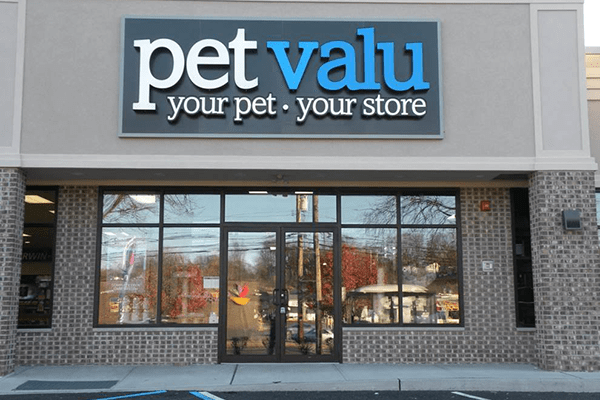Pandemic Created Strong Pet Market But Online Retail Giants Have Bit Into Sales
RETAIL NEWS
Pet Valu, a specialty pet food and supplies retailer, will begin winding down its operations, including the closure of its West Haverstraw location.
The retailer plans to close all 358 of its U.S. stores, as well as its warehouses and its corporate office in Wayne, Pennsylvania — “a process it expects to begin “in the coming days,” according to a release. The company’s website no longer accepts online orders, effective immediately.
Pet Valu Canada, a separate entity based in Ontario, will continue operations at its approximately 600 stores, franchise locations and e-commerce site. Pet Valu Canada licensed its name and contracts for certain services to Pet Valu U.S.
Pet Valu is yet another casualty of the coronavirus pandemic. The company has brought on Malfitano Partners to serve as its restructuring adviser, SB360 Capital Partners to assist with liquidation sales and A&G Realty Partners to handle matters related to its U.S. real estate.
The company said lasting impacts from the COVID-19 pandemic as pushing it over the edge.
“The Pet Valu U.S. team is proud to have met the needs of our devoted pet lover customers in the U.S. for more than 25 years,” recently appointed Chief Restructuring Officer Jamie Gould said in a statement. “However, the Company’s stores have been significantly impacted by the protracted COVID-19-related restrictions. After a thorough review of all available alternatives, we made the difficult but necessary decision to commence this orderly wind down.”
Unlike several other retailers that had to go dark in mid-March, Pet Valu, like other pet stores, remained open as it was deemed essential. However, the pandemic accelerated online shopping online shopping as consumers stayed at home and were advised to limit trips to crowded spaces like physical stores.
The American Pet Products Association estimates 11.4 million households got a new pet during the pandemic. Pet food remains a resilient industry and the market represents nondiscretionary purchases for what could be 71 million pet-owning households across the United States by the end of 2020.
Pet owner sentiments surrounding the coronavirus pandemic have shifted ever so slightly since May, according to the most recent wave of a COVID-19 Pulse Study conducted by (APPA). Consumers are returning to in-person shopping and are growing optimistic about the economic situation, although most agree the pandemic will continue impacting the United States for longer than initially thought.
Competition in the pet space had already grown in recent years, particularly from online players. Amazon launched its own pet private label, Wag, back in 2018. But even the e-commerce giant has faced fierce competition from Chewy in terms of sales. In August 2018, shortly after Wag launched, it generated some $345,000, while Chewy’s American Journey brand recorded $940,000.
Chewy has been one of the few beneficiaries of the pandemic, reporting in its most recent quarter that net sales increased 47% to $1.7 billion. The retailer added 4.6 million customers year over year in the second quarter, an increase of 38%, to reach 16.6 million. According to CEO Sumit Singh, “the new active customers we added in Q1 and Q2 of this year surpassed the total active customers we added across the entirety of 2019.
The pet market is estimated to see a nearly 10 percent increase in 2020 bringing sales to $5.7 billion, analysts say. The market is forecast to maintain strong but moderating annual sales gains through 2024, resulting in a compound annual growth rate of 4.4 percent.
The coronavirus pandemic has impacted almost every facet of American life but the pet food and supplies market has more than risen to the challenge, providing pet owners with the products they need to make pet ownership in the age of COVID-19 easier and more enjoyable for both pet and owner. All pet product categories experienced a significant sales bump during the initial stages of the pandemic, as pet owners rushed to purchase products such as gates and crates to keep pets contained while they worked from home, collars and leashes for the walks they now had the time to take, and toys to help keep pets entertained.










